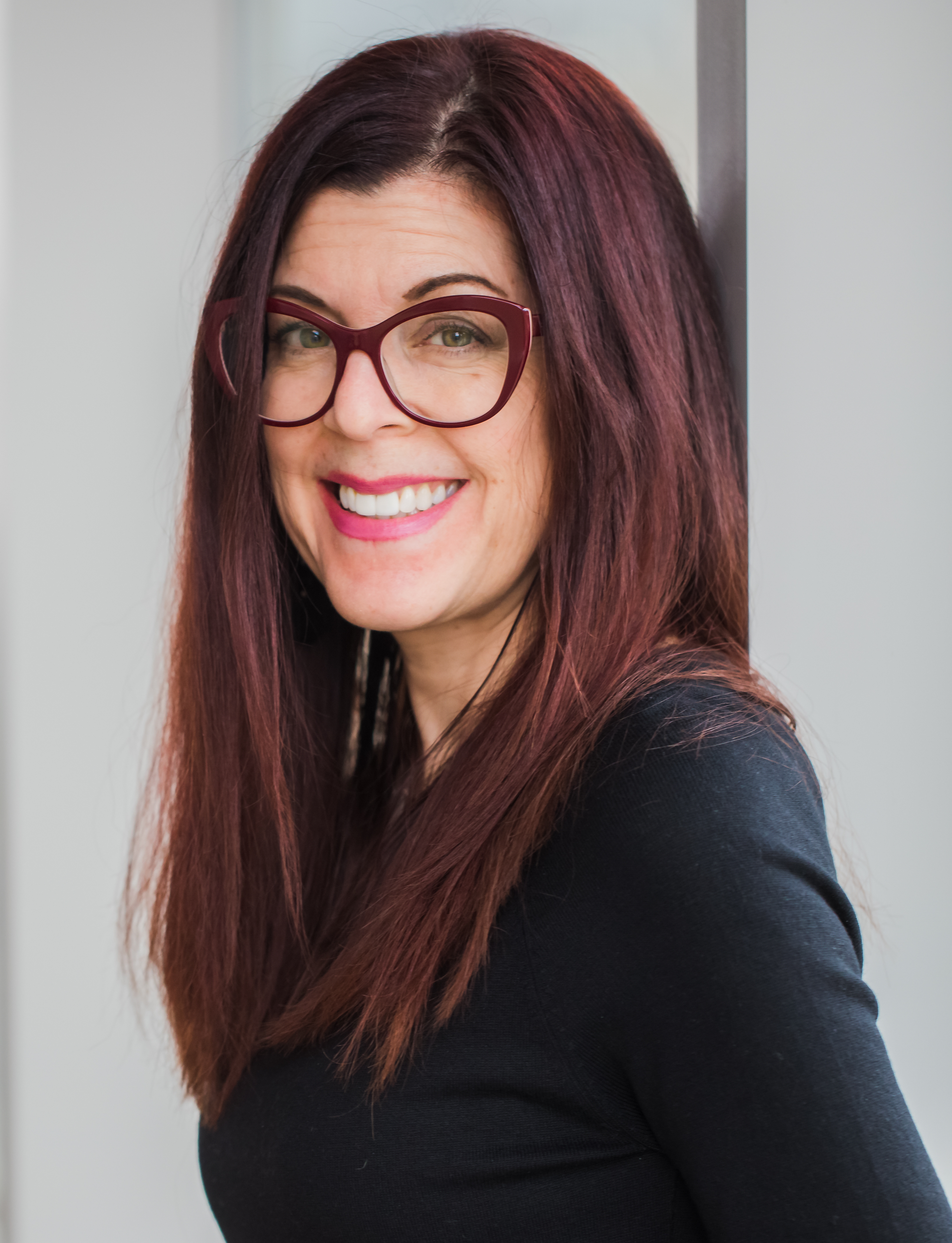Lehigh faculty shared essays and thoughts reflecting on their experiences as Global Teaching and Learning Fellows in Guanajuato, Mexico

This past May, Lehigh University faculty from a range of disciplinary backgrounds gathered in the Mexican city of Guanajuato to contemplate how to better facilitate global learning and create meaningful engagements that positively shape our shared future.
Seven faculty members and other staff members participated in this year's Global Teaching and Learning Fellows (GTLF) program, an initiative created and led by Angelina Rodríguez, Assistant Vice Provost for Global Learning at Lehigh’s Office of International Affairs (OIA), and Teaching Associate Professor at Lehigh’s College of Health.
“We wanted to create an immersive experience that went deeper than a typical on-campus workshop,” Rodríguez said. “By bringing together faculty from diverse disciplines in a shared space abroad, we aimed to give them their own micro study abroad experience. The chance to explore place-based learning and exchange perspectives in an intimate cohort was truly enriching.”
The Fellows wrote essays reflecting on their experiences, each considering the overarching question discussed during the trip: “How do we show up as educators in places not necessarily home to us—with students both like and unlike us—as well as local residents—all of us with our own fears and desires, to create meaningful engagements that positively shape our shared future?”
Below are excerpts from some of those essays.
Christina Chi Zhang is an Assistant Professor of Architecture at Lehigh’s Department of Art, Architecture & Design. In her reflection on the GTLF experience, she describes how cross-disciplinary conversations in Guanajuato helped her articulate a concept she had long practiced but never named: ethical entanglement.
“Through conversations with colleagues from literature, Africana Studies, Indigenous Studies, Health, and even mathematics, I realized that while our disciplines differ, many of us wrestle with the same underlying challenge: beyond the subject matter, how do we also teach students to become better human beings? How do we help them cultivate sensitivity, humility, and responsibility toward people and places they may never fully know?
“In those discussions, I recognized a practice I had been building but had not yet named: ethical entanglement. To me, ethical entanglement is the idea that we can—and must—cultivate connections to people, places, and histories that are not directly our own. It is not about ownership, nor about claiming belonging where we do not belong. Rather, it is an active practice of proximity: a commitment to approach, listen, witness, and hold space for stories that might otherwise remain abstract, invisible, or distant to us.”
Hsuan-Wei "Wayne" Lee is an Assistant Professor at Lehigh’s Department of Biostatistics and Health Data Science. In his essay, he describes how the GTLF experience underscored that effective teaching like good modeling—is ultimately rooted in curiosity, care, and connection.
“I've spent most of my career building mathematical models and computer simulations to understand how people behave, how diseases spread through populations, and how health systems respond under pressure. [...] But there's one thing I can't code into an algorithm, and it keeps me up at night: How do you show up as a teacher in a place that isn't yours, with students who may look nothing like you, and create something that actually matters?
“This question hits me because so much of what I do involves working with uncertainty and incomplete data. In my simulations, I can adjust parameters, run sensitivity analyses, and test edge cases. But when I'm teaching students from dozens of countries or working on projects in communities where I'm clearly the outsider, there's no Monte Carlo method for figuring out how to be helpful without being presumptuous. What I've learned is that good teaching isn't really about having all the variables defined—it's about building relationships based on genuine curiosity and care, much like how the best models emerge from understanding the underlying system dynamics, not just fitting curves to data points.”
Simone A. James Alexander is a Professor of English at Lehigh and the Director of Africana Studies. In her essay, drawing on her experiences as a global educator and scholar of diaspora, she emphasized the responsibility of educators to foster empathy, self-reflection, and a more expansive understanding of the world in their students.
“Our daily interactions at the GTFL fellowship provided opportunities to reimagine and reconstruct new multi-dimensional narratives that address a multiplicity of topics and concerns, centering those historically marginalized and forgotten, and rendered second-class citizens. These invaluable exchanges became lessons in tolerance and compassion, as we seamlessly and readily employed and adopted the ethics of care and empathy.
“As educators, we must not only model but also encourage our students to become global citizens, to engage in acts of self-reflexivity, seeing and witnessing their experiences reflected in others, to navigate beyond their corridors of privileges and entitlements, and gain empathy for the less fortunate. Above all, they must exercise tolerance and give space to other ways of seeing and knowing, and to ultimately arrive at the understanding that there are other ways of being in the world. To echo Chinua Achebe, we need “a balance of stories.”
Visit the GTLF website or download the essays here to read the perspectives of other Fellows, including:
- Austin Duncan, Assistant Professor of Disability Independence at Lehigh’s College of Health
- Justin Greenlee, Director of Writing Across the Curriculum at Lehigh’s Center for Innovation in Teaching & Learning
- Ho’o Hee, Assistant Professor of Design–Product in Lehigh’s Department of Art, Architecture and Design, and Affiliated Faculty in the Institute for Indigenous Studies
- Stephanie Powell Watts, Professor and Robert D. Rodale Chair in Writing at Lehigh